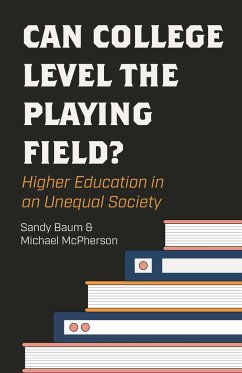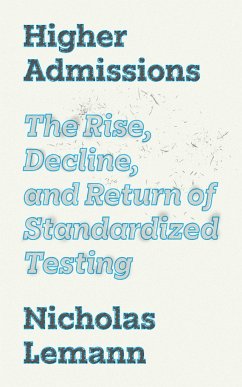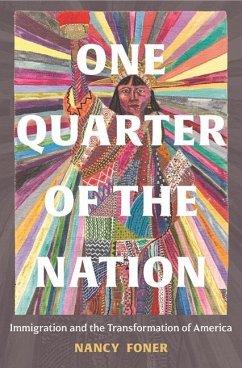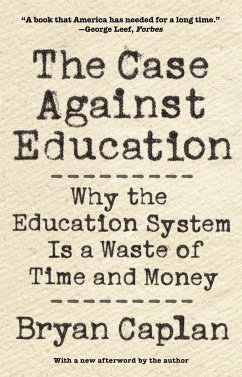Nicht lieferbar

The Walls around Opportunity
The Failure of Colorblind Policy for Higher Education
Versandkostenfrei!
Nicht lieferbar
"This book argues that the current conversation about affirmative action and college admissions omits a key dimension: the conditions of racial inequality that students and their families experience from early childhood through high school, and which continue throughout postsecondary education. The moment of matriculation is part of a much longer process that begins in homes, schools, and communities, which prepares some students well and leaves others at a disadvantage. And when students attend college, they still might not have the resources to stay in school and graduate, particularly if th...
"This book argues that the current conversation about affirmative action and college admissions omits a key dimension: the conditions of racial inequality that students and their families experience from early childhood through high school, and which continue throughout postsecondary education. The moment of matriculation is part of a much longer process that begins in homes, schools, and communities, which prepares some students well and leaves others at a disadvantage. And when students attend college, they still might not have the resources to stay in school and graduate, particularly if their college cannot help with their financial needs. Drawing on extensive data, the authors argue that, historically, the only major breakthroughs on racial barriers to education and economic opportunity have come in periods of commitment to race-conscious policies. They argue that colorblind policies, by ignoring the racial realities of schools and society, have critically limited access to education for students of color. The authors propose a series of policies and practices that could make educational opportunity more equal. They argue that when it is impossible to implement race-conscious policies, educational institutions must implement 'race-sensitive' policies built with an understanding of the roots of racial inequality, so as to avoid building a future with profound intergenerational racial inequality"--












